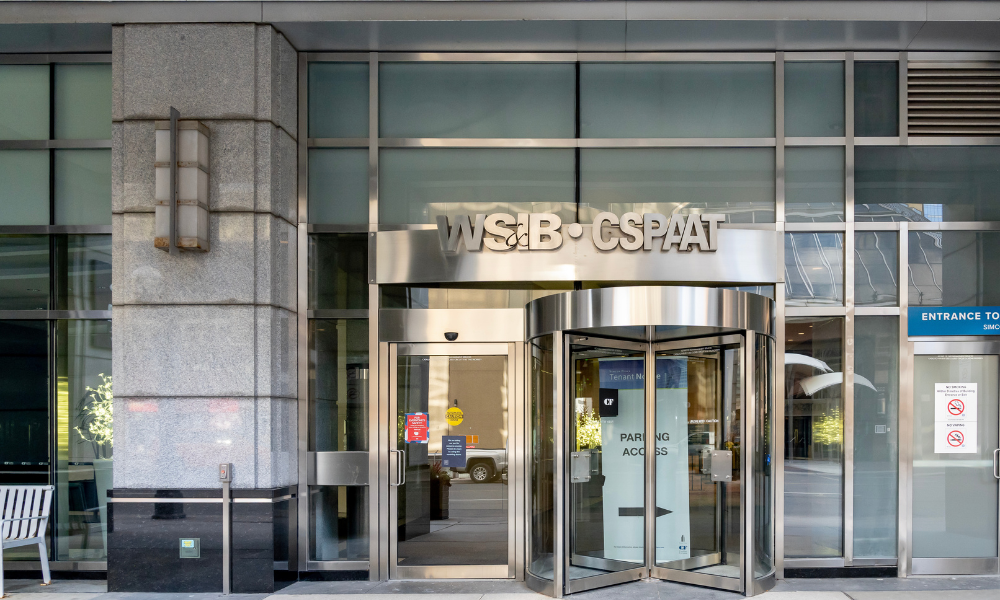'There are too many widows who have to fight… for benefits they are owed'

As the strike at Ontario’s Workplace Safety and Insurance Board (WSIB) moves into its second month, the prolonged labour action is intensifying strains on both employees and those relying on the board’s services, according to a union representative.
Over 3,600 WSIB staff, represented by the Ontario Compensation Employees Union, have been picketing since late May, with no resolution in sight.
This has heightened concerns for the families of injured and deceased workers. To that end, United Steelworkers (USW) Local 6500, based in Sudbury, is urging the WSIB to return to constructive bargaining, emphasizing the hardship the ongoing strike is causing to some of the most vulnerable: widows and families pursuing compensation for work-related illnesses.
“So many vulnerable workers and families are being affected as this dispute drags on, but the cases that hit me the hardest are the widows who lost their husbands to occupational disease,” Sean Staddon, a WSIB worker representative with the 2,900-member USW Local 6500, said in a statement.
“There are too many widows who have to fight, who have to pursue WSIB claims for benefits they are owed, and these claims take a long time to adjudicate,” Staddon added. “And now their access to justice is being prolonged even further. It affects their living standards and their well-being. They’re looking for some sense of closure, of justice, but that’s being denied.”
Disagreements over fair pay, unmanageable caseloads, and unresolved backlogs are at the heart of the dispute. While the WSIB has promoted its offers of wage increases and additional resources, union leaders argue these steps fall short of addressing workers’ core frustrations.
Union takes plea directly to leadership
Yesterday, OCEU/CUPE 1750 escalated their campaign by presenting a petition and formal appeal to the WSIB Board of Directors. Their message was clear: the board must step in to resolve what they describe as management’s stalling tactics and refusal to present a contract proposal for a membership vote. The letter also detailed claims of unfair practices, such as intimidation and questionable adjudication methods that may skirt legislative requirements.
The petition, bearing signatures from hundreds of employees, asks the board to take immediate steps to ease crushing workloads and ensure a fair, transparent bargaining process. “WSIB leadership has failed to bargain in good faith, failed to address dangerous workload levels, and failed to uphold the law,” said Harry Goslin, President of OCEU/CUPE 1750. “That’s why we’re taking this message directly to the Board. They have the power — and the responsibility — to step in and stop the damage being done to injured workers, frontline staff, and Ontario’s economy.”




